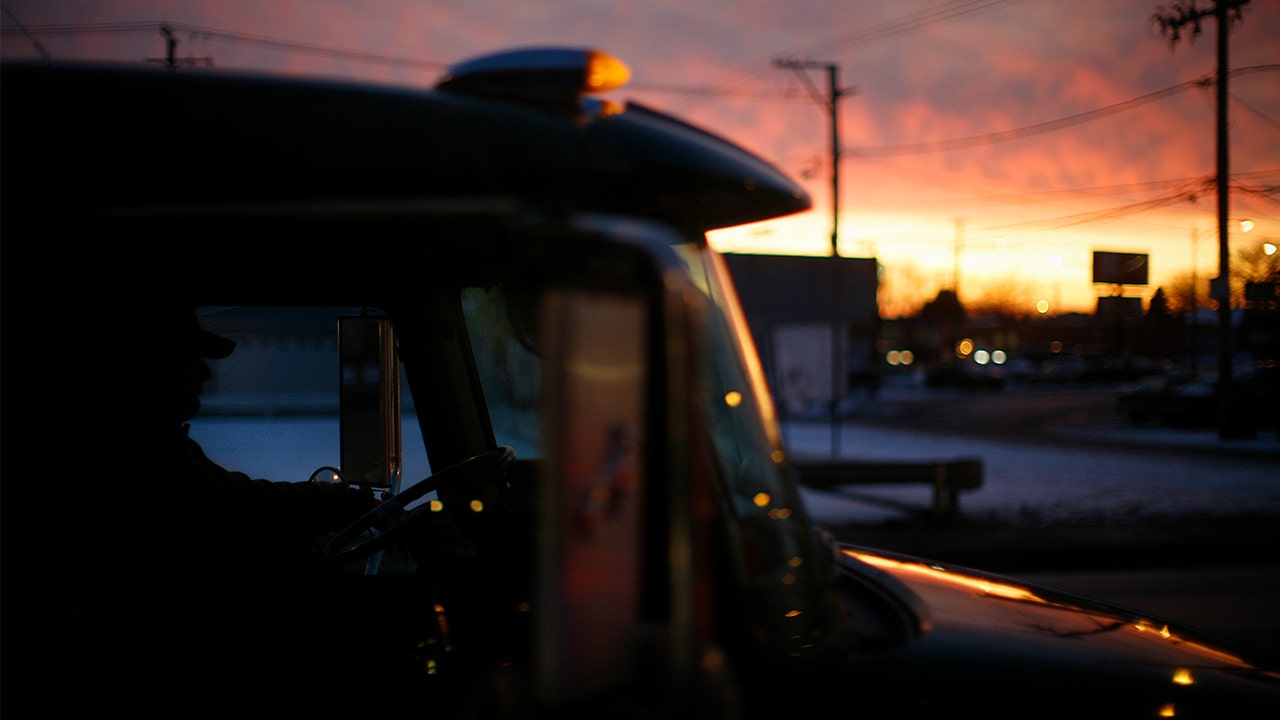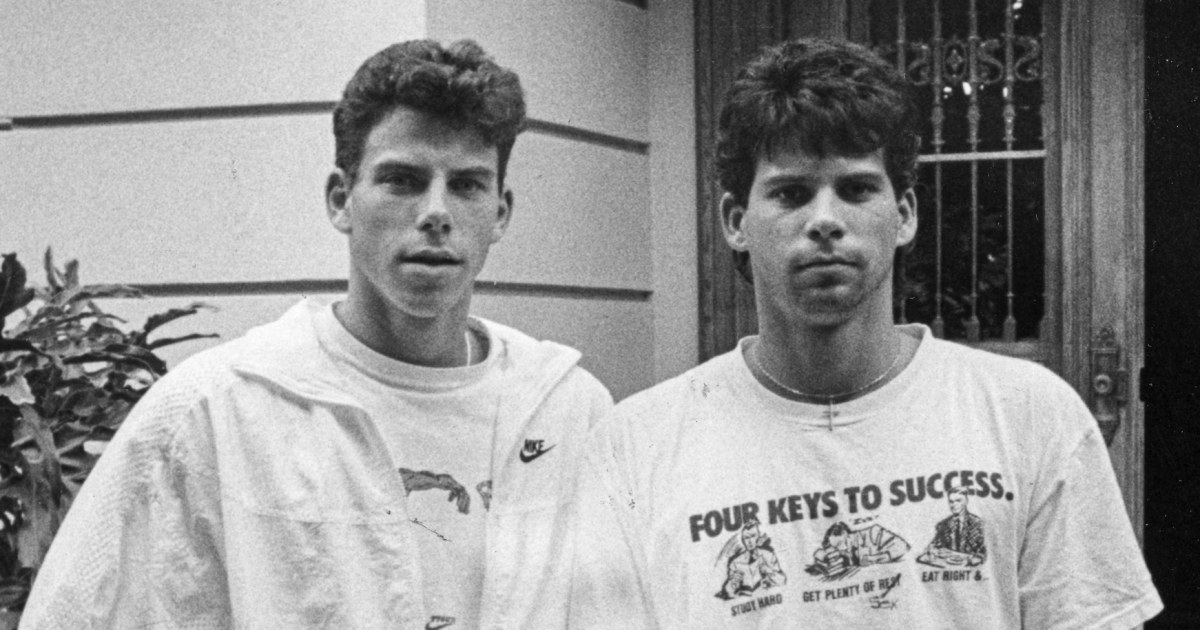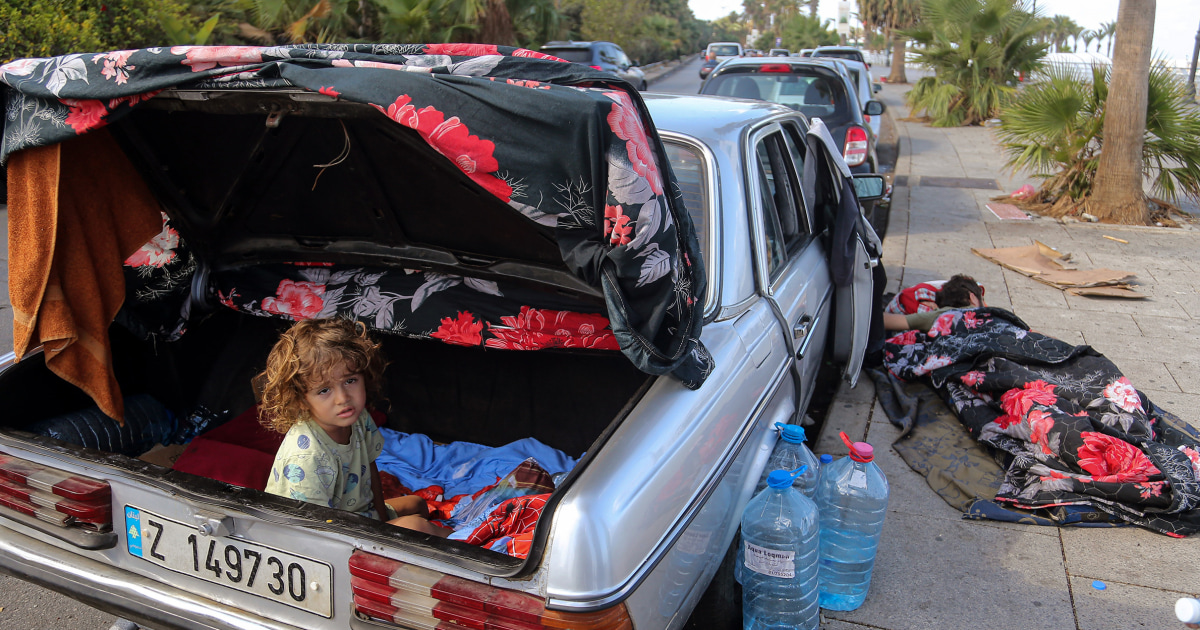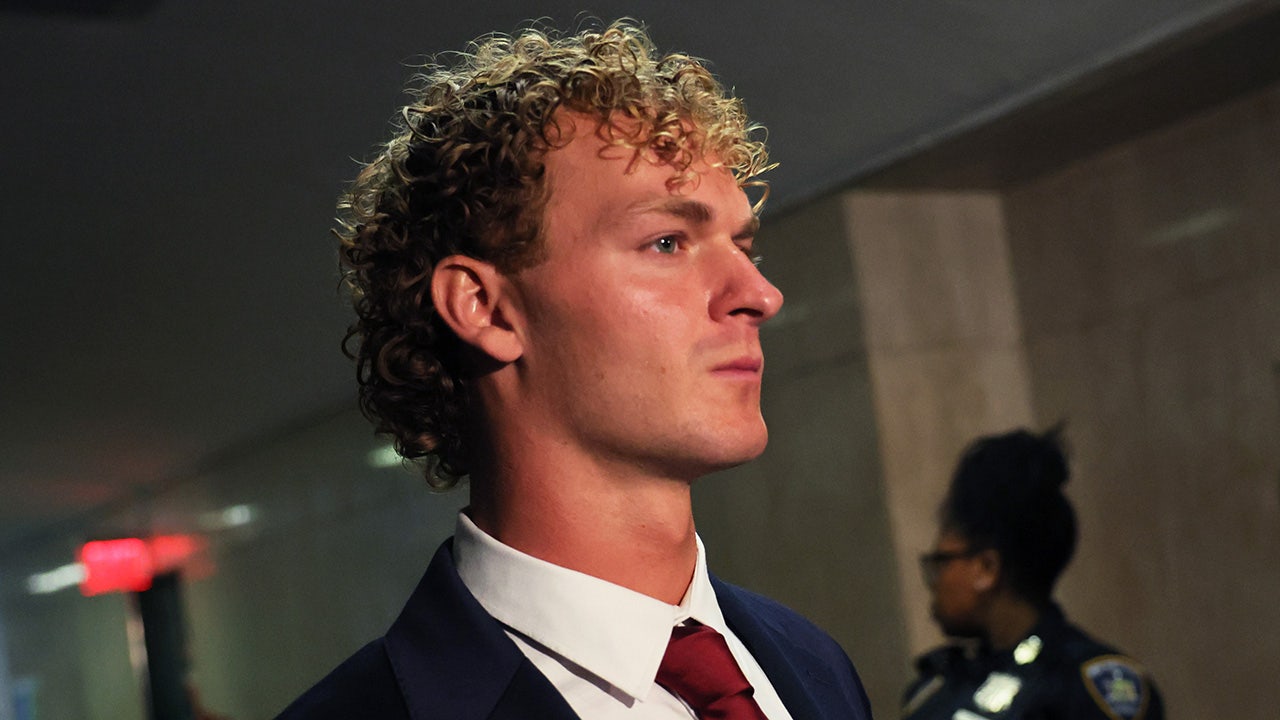We are all products of our experiences. They shape who we were, who we are, and who we will be. Physiologically and psychologically, time changes us, and I doubt anyone would claim to be the same person they were at 18. I know I’m not!
You think you know the story of Lyle and Erik Menendez. I certainly thought I did: In 1989, the brothers, aged 21 and 18, respectively, viciously shot and killed their parents in their Beverly Hills home. In 1996, after two trials, they were sentenced to life in prison without the possibility of parole. As is often the case, this story is much more complex than it appears on the surface. Both brothers said they had been sexually, physically and emotionally abused for years by their parents. According to Lyle, the abuse started when he was just 6 years old, and Erik said he was raped by his father for more than a decade. Following years of abuse and a real fear for their lives, Erik and Lyle chose what they thought at the time was their only way out — an unimaginable way to escape their living nightmare.
Their first trial was heard before two separate juries, one for each brother. Their abuse claims formed the foundation of their defense, with family members testifying on their behalf. After hearing this evidence, over half of the 24 jurors voted not guilty on the murder charges, resulting in hopelessly deadlocked juries and mistrials, widely seen as a blow to the Los Angeles District Attorney’s Office.
Soon, the Menendez brothers’ case would continue to play out amid another high-profile murder case prosecuted by the same DA’s office. More than four months after the Menendez mistrials, O.J. Simpson was charged with the murders of his ex-wife, Nicole Brown Simpson, and her friend Ronald Goldman. Then, eight days after Simpson’s acquittal, opening arguments began in Erik and Lyle’s second trial.
However, this time, the judge had changed the rules: both brothers were tried together before a single jury, much of the abuse evidence was deemed inadmissible, and manslaughter was no longer an option. Some witnesses from the first trial were barred from testifying about the alleged abuse, depriving the jurors of crucial evidence. The prosecutor, having successfully argued to exclude the abuse testimony, mocked the brothers’ defense during his closing arguments for not producing any evidence of abuse.
Their lawyer has since said the judge’s rulings essentially acted as a “directed” verdict. And so, the brothers were convicted. They were sentenced to life without the possibility of parole and have remained incarcerated for almost 35 years. Their only way out of prison now is death.
The first trial was televised for all to see, and Erik and Lyle’s case became entertainment for the nation, their suffering and stories of abuse ridiculed in skits on “Saturday Night Live.” The media turned the brothers into monsters and sensationalized eye candy — two arrogant, rich kids from Beverly Hills who killed their parents out of greed. There was no room for empathy, let alone sympathy.
Erik and Lyle had no chance of a fair trial against this backdrop. Back then, there were limited resources for victims of sexual abuse, particularly for boys. There were virtually no systems in place to support survivors, and public awareness of the trauma of male sexual abuse was minimal, often clouded by preconceived judgments and homophobia. Can anyone honestly deny that the justice system would have treated the Menendez sisters more leniently? Despite overwhelming family testimony acknowledging the abuse Erik and Lyle suffered, the public remained skeptical. Robbed of their childhoods by their parents, then robbed of any chance of freedom by a criminal justice system eager to punish them without considering the context or understanding the “why,” and without caring about whether the punishment fit the crime, Erik and Lyle were condemned before the trial even began.
According to Erik and Lyle, they were physically, sexually and emotionally abused by their parents since childhood, and their father repeatedly raped them when they were just little boys. Many people believe the crimes the brothers committed are unforgivable — but what about the decades of alleged abuse they suffered as children?
I have spent time with Lyle and Erik; they are not monsters. They are kind, intelligent, and honest men. In prison, they both have exemplary disciplinary records. They have earned multiple college degrees, worked as caregivers for elderly incarcerated individuals in hospice, and been mentors in college programs — committed to giving back to others. When I visited the prison three weeks ago, one of the wardens told me he would feel comfortable having them as neighbors. Twenty-four family members, including their parents’ siblings, have released statements fully supporting Lyle and Erik and have respectfully requested that the justice system free them.
The killings are not excusable. I want to make that clear. Nor is their behavior before, during or after the crime. But we should not deny who they are today in their 50s. The trial and punishment these brothers received were more befitting a serial killer than two individuals who endured years of sexual abuse by the very people they loved and trusted. I don’t believe that spending their entire natural lives incarcerated was the right punishment for this complex case. Had this crime been committed and trialed today, I believe the outcome would have been dramatically different. I also strongly believe that they were denied a fair second trial and that the exclusion of crucial abuse evidence denied Erik and Lyle the opportunity to fully present their case, further undermining the fairness of their conviction.
With their case back in the spotlight — and considering the revelation of a 1988 letter from Erik to his cousin describing the abuse — my hope is that Erik and Lyle Menendez’s life sentences are reconsidered.
Read the full article here















